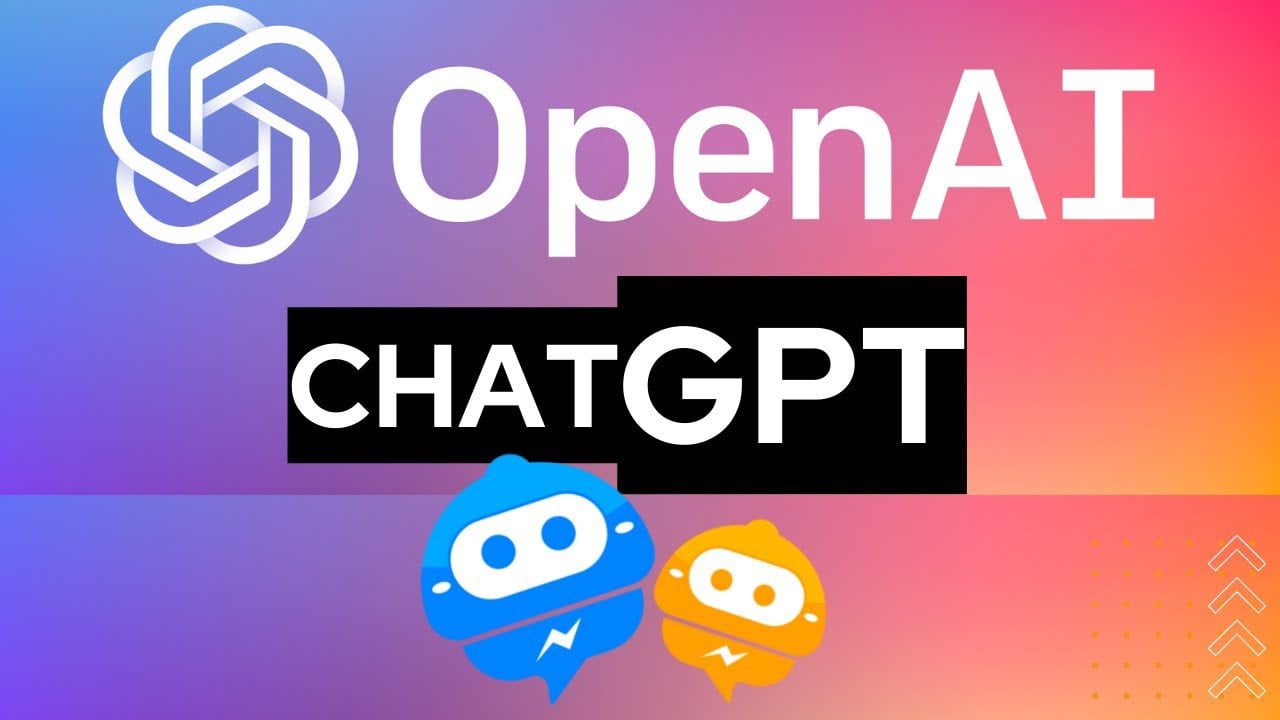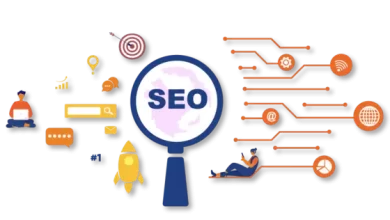Is Artificial Intelligence dangerous for humans?

Is Artificial Intelligence dangerous for humans? Will we automate all human tasks? Will we create an artificial intelligence that will surpass us or be better than us? Do we risk losing control of our civilization? Can artificial intelligence be dangerous? Is Artificial Intelligence dangerous for human? These questions were raised in an open letter last month by the Future of Life Institute, an international non-governmental development organization (NGO).
The non-governmental organization’s letter requested a six-month moratorium on the development of advanced artificial intelligence (AI). It was signed by the world’s biggest technology entrepreneurs, researchers and scientists like Elon Musk. This is the most prominent example of how the rapid advancement of artificial intelligence technology has created public anxiety.
Of concern is the rapid development of new Large Language Models (LLMS). This LLMS is essentially the main engine of ChatGPT. ChatGPT created by the American technology company OpenAI has already received a response in the technology world. Its unexpected genius has already surprised even its creator. ChatGPT’s capabilities range from solving puzzles, writing computer code to identifying films.
The language models used in ChatGPT transform the human-computer relationship. Proponents of AI technology development argue that the technology has the potential to solve big problems by developing new drugs. Creating new materials so we can fight climate change. Showing the way to solving complex fusion energy problems. But there is no shortage of dissenters. According to them, the power of AI is outstripping the ability of AI developers to understand the risks. They also see the danger of serious risks in artificial intelligence.
With all the excitement and fear surrounding AI, its opportunities and risks are now difficult to consider. In this situation, researchers say, we need to learn from other industrial sectors and past technology transitions. What kind of changes need to be made to make artificial intelligence more capable? How much to be afraid? What should the government do? These questions must be answered.
According to the Economist report, the future trajectory of LLMS is explored. A decade ago, the wave of modern AI systems began. At that time it could recognize images or translate messages. But now the AI is more advanced. It can be trained. The system can be improved by training from the vast online database. Ever since ChatGPT was launched in November last year, people have already had an idea about its capabilities. Within a week of ChatGPT’s launch, more than 1 million people were using it. 10 crore users use it in two months. From writing school essays to wedding wishes, it has started being used. Because of the popularity of ChatGPT, Microsoft also added it to their Bing search engine. Seeing Microsoft, Google has also started to walk this way.
Artificial Intelligence will cause human extinction?
The fear that machines will take away people’s jobs is centuries old. So far new technology has created new jobs. The machine can do some work. But not everything can work. Therefore, the demand for workers has increased in the areas where machines cannot do. Will that picture be different in the current situation? Some job fields may be closed. But so far no sign of him has been seen. Many previous technologies have replaced some areas of unskilled work. But LLMS may now take away the jobs of some skilled workers. This can include extracting the essence of a document and writing code.
Whether artificial intelligence will threaten human existence or not is still debated. Experts are divided here. Last year, a survey was conducted among artificial intelligence researchers. 48 percent of researchers agree that artificial intelligence has a very bad effect, 10 percent fear. But 25 percent of researchers think AI could pose a threat to human existence—zero.
Other researchers put the risk at 5 percent. However, the fear is that advanced AI systems can suffer massive damage. Like spreading something poisonous or a virus or inciting people to commit terrorist acts. Researchers fear that future AIs may have motives of their own. These objectives may become something separate from their creators. These fears cannot be completely ruled out. In order to achieve such objectives, AI will have to be much better than the current technology. From this, the issue of AI control has started to come to the fore.
Now AI is raising concerns about bias, privacy and intellectual property rights. Concerns will increase as technology advances. More problems will arise. The key is to balance the promise of artificial intelligence by assessing the risks and being ready to adapt.
In this case, different countries are taking different methods. For example, the UK is adopting a ‘light touch’ policy. This is not a strict policy. Under their policy, AI will be regulated by existing laws. This will increase their investment in this field and they aim to become a superpower in the AI field. The United States has the same policy as the United Kingdom. However, the European Union is following a strict policy in this regard. Considering the risks of AI, they are considering different laws in different areas.
Tags: ai is scary reddit, 12 risks of artificial intelligence, artificial intelligence is dangerous essay, can artificial intelligence be dangerous? explain with evidence, is ai dangerous for human, fear of artificial intelligence phobia, is artificial intelligence dangerous debate, dangers of artificial intelligence, is ai dangerous elon musk, 12 risks of artificial intelligence, why is ai bad for society, is ai dangerous debate, can artificial intelligence be dangerous? explain with evidence, ai dangers, artificial intelligence is dangerous essay, is ai dangerous reddit



